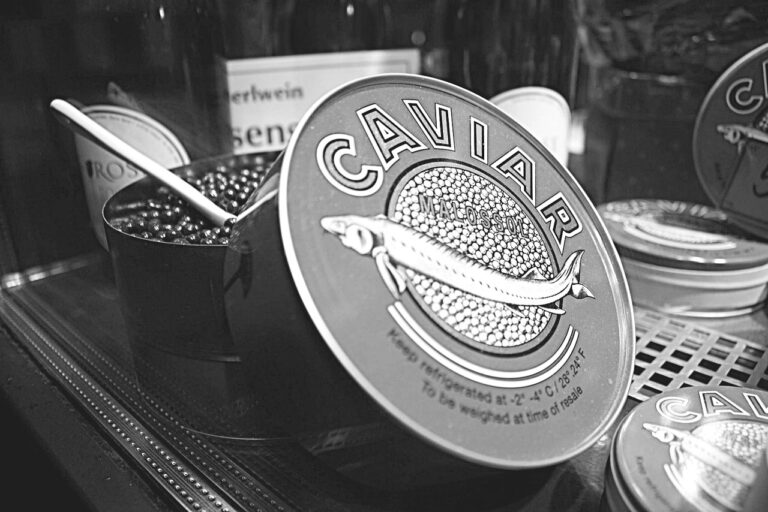Exploring the Relationship Between Diet and ADHD in Children
allpanel login, mahadev online book, cricket online id:Are you a parent of a child with ADHD and looking for ways to manage their symptoms? One area that is often overlooked when it comes to treating ADHD is diet. Research has shown that there is a relationship between diet and ADHD in children, and making some simple changes to your child’s eating habits may help improve their symptoms.
Understanding the Role of Diet in ADHD
It is essential to understand that diet may not be the root cause of ADHD, but it can play a significant role in managing symptoms. Studies have shown that certain foods and nutrients can affect brain function and behavior, which can impact children with ADHD. By making some dietary changes, you may be able to help your child better control their impulses, focus, and overall behavior.
Foods to Avoid
There are certain foods that may worsen ADHD symptoms in children. These include foods high in sugar, artificial dyes, and preservatives. Processed foods, sugary drinks, and snacks with artificial colors have been linked to increased hyperactivity and decreased attention span in children with ADHD. By limiting these foods in your child’s diet, you may see an improvement in their symptoms.
Foods to Include
On the other hand, there are foods that may help improve ADHD symptoms. Foods rich in omega-3 fatty acids, such as salmon, walnuts, and flaxseeds, have been shown to have a positive impact on brain function and behavior. Additionally, foods high in protein, such as lean meats, eggs, and beans, can help stabilize blood sugar levels and improve focus and attention in children with ADHD.
Supplements
In some cases, dietary supplements may be beneficial in managing ADHD symptoms. Omega-3 supplements, vitamin D, zinc, and magnesium are often recommended for children with ADHD. However, it is essential to consult with a healthcare provider before starting any supplements to ensure they are safe and effective for your child.
Meal Planning Tips
When it comes to managing your child’s diet and ADHD, meal planning is key. Make sure your child’s meals are balanced with a mix of protein, healthy fats, and complex carbohydrates. Avoid skipping meals and incorporate snacks throughout the day to help stabilize blood sugar levels. Limiting caffeine and promoting hydration are also important factors to consider in managing ADHD symptoms through diet.
FAQs
1. Can diet alone cure ADHD?
While diet can help manage symptoms of ADHD, it is unlikely to cure the disorder entirely. It is essential to work with healthcare professionals to develop a comprehensive treatment plan that may include medication, therapy, and dietary changes.
2. Are food allergies linked to ADHD?
Some studies have suggested a link between food allergies and ADHD symptoms. If you suspect your child may have food allergies, it is crucial to consult with a healthcare provider for proper testing and guidance on managing allergies and ADHD.
In conclusion, exploring the relationship between diet and ADHD in children can be a valuable tool in managing symptoms and improving your child’s overall well-being. By making simple changes to your child’s diet, you may see a positive impact on their behavior, focus, and overall quality of life. Remember to consult with healthcare professionals before making any significant changes to your child’s diet to ensure they are safe and effective for your child.







